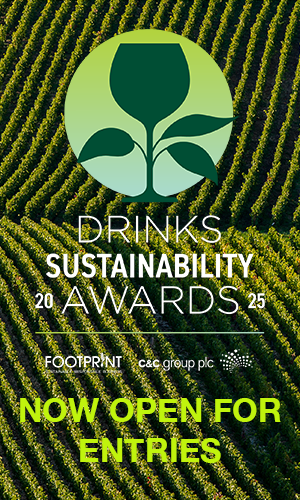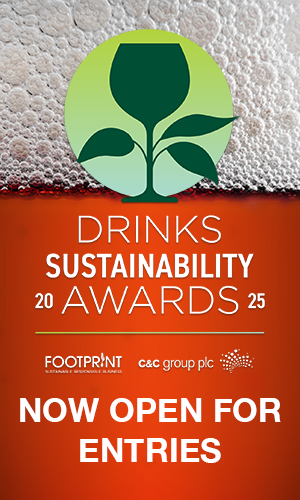The rising tide of corporate commitments and regulatory targets relating to the circular economy have made “disappointingly little impact” on the global plastics industry in the past decade, according to Wood Mackenzie. The global economy “remains wedded to an extractive, rather than circular, model”, the consultants conclude in a new whitepaper.
The circular economy, a critical strategy for delivering a lower-emission, more sustainable future by reusing materials and minimising waste has “struggled to navigate traditional value chains and business practices”.
“The circular economy model has not made the impact many plastics industry observers predicted when it was first mooted, but there are some exciting initiatives underway that could change that,” said Guy Bailey, VP of oils & chemicals research at Wood Mackenzie. “The successful negotiation and introduction of the United Nations Plastic Treaty [a legally binding agreement that would end plastic pollution] is a necessary starting point, but the adoption of new business models to drive coordination across the value chain is the key to real change.”
The report states that currently petrochemical companies, technology companies and waste management firms all operate with different assumptions about what a ‘fair’ allocation of value looks like. This has led to slow progress.
In July, the US Plastics Pact extended targets for 100% reusable, recyclable and compostable packaging by five years. Companies including Unilever have also been criticised for changing their plastic packaging targets in recent weeks.
Bailey admitted that “the journey to full circularity has not got off to an ideal start. But with clear and consistent regulation and creative collaboration then the circular economy model can still provide an effective solution to reducing waste and lowering carbon emissions,” he added.
George Harding-Rolls, campaign lead at Action Speaks Louder which holds corporates accountable for their climate commitments, said: “As the Plastics Treaty looks set to limp across the finish line in a weakened state due to delaying tactics from major plastic producing nations, it looks like action on plastics is in the process of falling between two stools – companies failing to get there voluntarily, and legislation to[o] embattled by vested interests to provide a fall back.”
Last week, the UK government launched a study to assess how businesses respond to regulatory restrictions on single-use plastics, in the face of divergence between UK nations. The Office for the Internal Market (OIM), which is part of the Competition and Markets Authority (CMA), wants to hear from a wide range of stakeholders including SMEs and others in the supply chain about their experience of dealing with regulatory changes in relation to single-use plastics.











